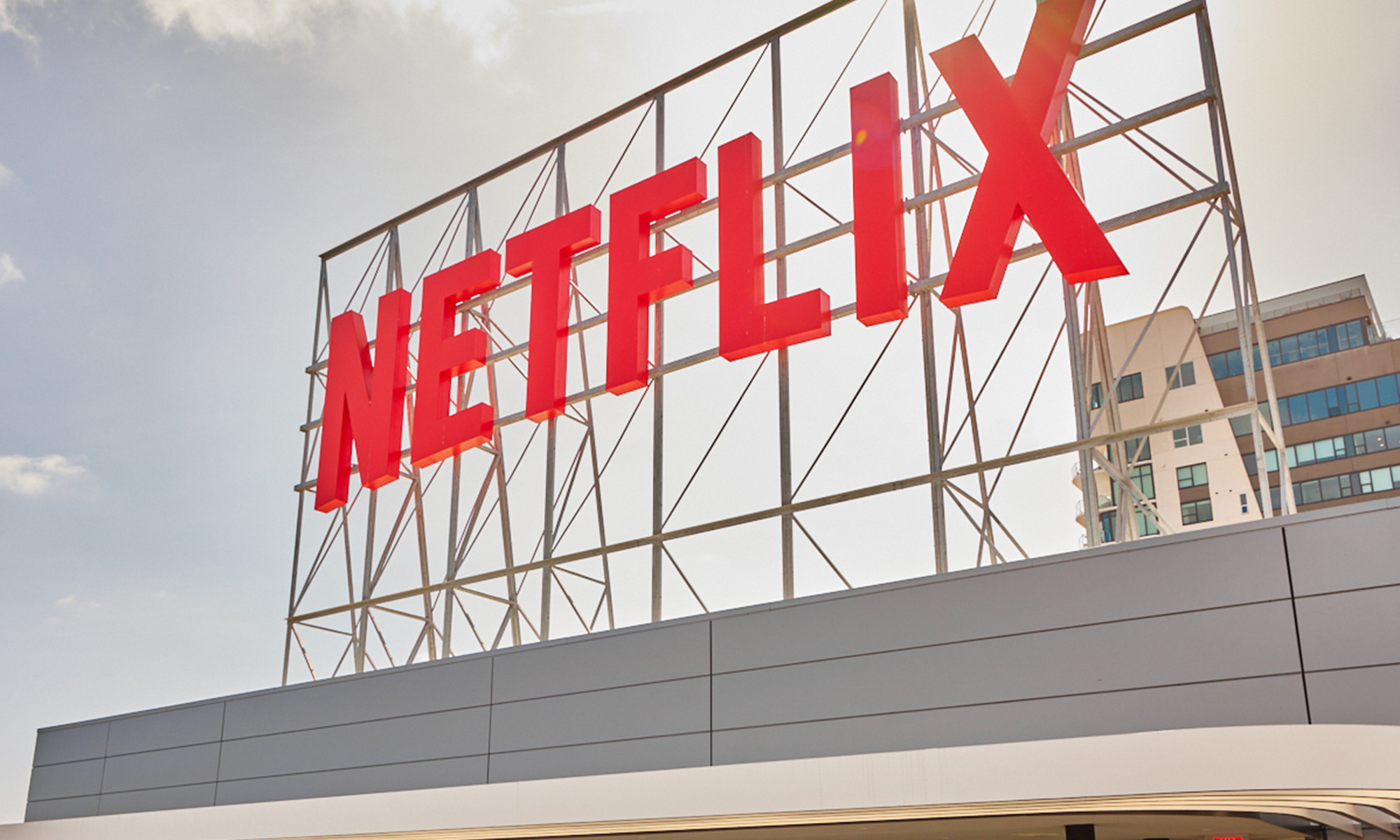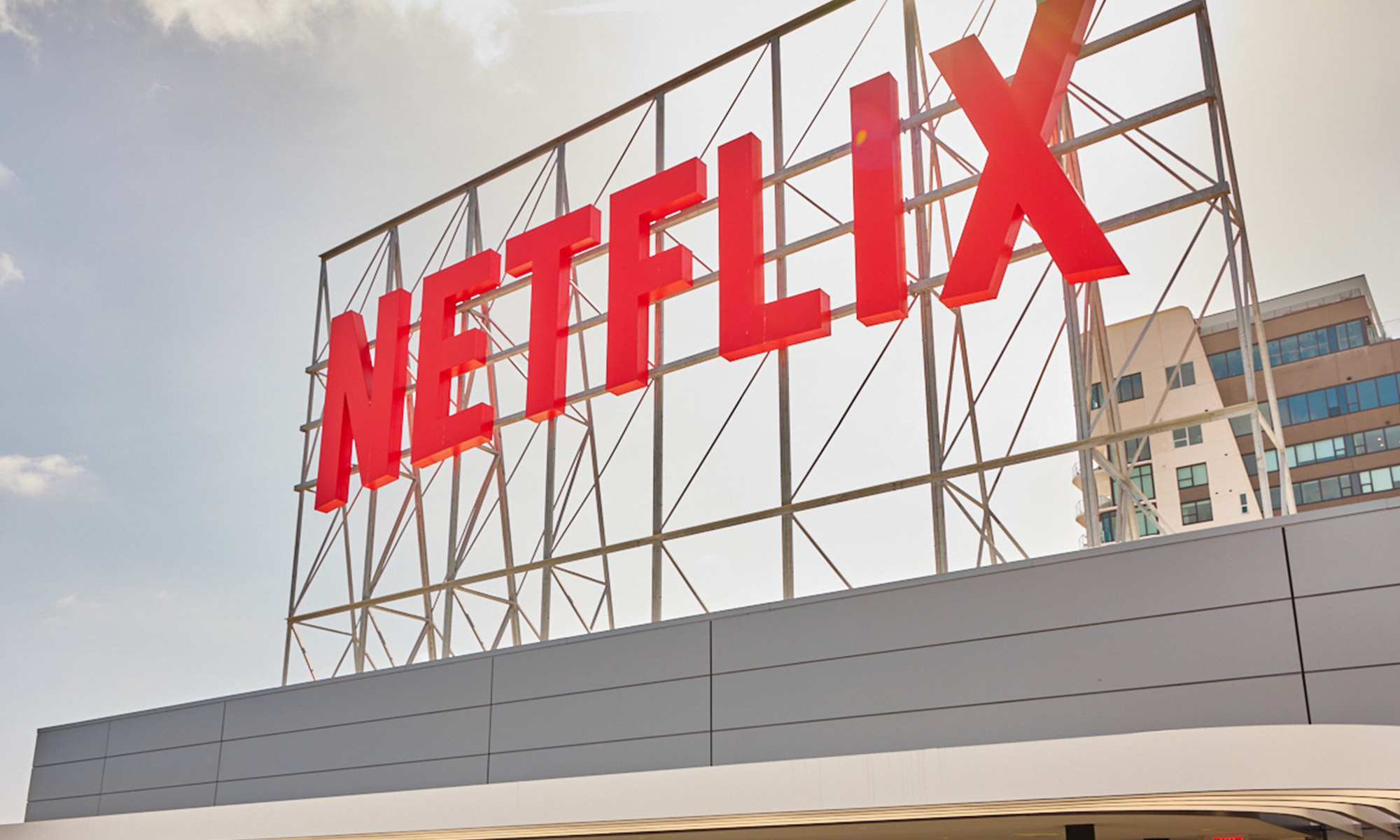
Image source: The Motley Fool.
Consumers of video content are no strangers to Netflix (NFLX +0.35%) and Comcast (CMCSA 2.36%). Netflix is the undisputed champ of premium streaming video, beaming with 86.7 million subscribers worldwide as of the end of September. Comcast reigns supreme as the country's top cable-television provider, with 22.3 million video accounts as of the end of September.
Picking the top stock between the two couch magnets isn't as easy as you might think. One can't simply hand Netflix the jewel-studded tiara because it commands a larger global audience. More accounts doesn't translate into more money. Comcast customers pay a lot more for their monthly video fix, part of the reason why Comcast generates nearly 10 times the revenue, and commands more than three times the market cap of Netflix.
The two companies also aren't as close in scope as you may expect. Netflix has all of its eggs in the streaming-video basket, but Comcast is a full-blown media empire that serves up more than just cable television to its growing user base. Comcast actually provides more homes with internet -- 22.9 million -- than it does with basic and/or premium cable TV.
Let's take the Comcast studio tour
Comcast has seen the writing on the wall when it comes to cord-cutting, and it has responded through diversification. It's a major player when it comes to content. The acquisition of NBCUniversal was the biggest move, arming Comcast with NBC, the Universal Pictures movie studio, and interests in several popular cable channels including Bravo, E!, CNBC, and Syfy. The purchase also threw Comcast into the theme-park business through Universal Studios attractions both here and now abroad after recently snapping up its branded park in Japan.
Netflix has no intention of running theme parks or cable channels, though it has followed Comcast into bankrolling proprietary shows and movies that it can stream exclusively on its platform. The goal at Netflix remains to excel at making its subscription service sticky, something that it has been able to achieve more successfully than Comcast because of its low price point and scalable content deals.
Comcast has used diversification as a way to grow in an era of sluggish, though recently stabilizing, video-customer growth. Revenue is growing at a reasonable clip, up 14% in its latest quarter. A good chunk of that growth was the inclusion of Universal Studios Japan, but even Comcast's seemingly sleepy cable-communications business has grown its top line by 7% over the past year.
Nothing but Netflix
In the other corner, we have the great disruptor of Comcast's peers. Netflix is giving millennials and the not-so-millennials plenty to watch if they decide to kiss their fat cable bills goodbye. Streaming revenue soared 36% in its latest quarter, fueled by a 25% uptick in subscribers and folks willing to pay more than they were doing a year earlier.
Profitability has been weighed down by Netflix's heady expansion overseas, something that bullish investors are willing to overlook since a lot of its growth is coming outside of its home U.S. market these days. The market likes Netflix. It was the S&P 500's biggest gainer in 2013 and 2015.
Sizing up Netflix and Comcast is going to give the latter the nod when it comes to most traditional valuation metrics. Netflix trades at a whopping 129 times the year ahead's projected earnings, a far cry from Comcast's more reasonable multiple of 18. Netflix also trades at more than double the revenue multiple of Comcast on an enterprise value basis. Comcast also shells out a decent yield of 1.6%.
Netflix is the more dynamic growth company, and for high-risk investors willing to stomach the volatility, it offers the greatest upside. However, it also offers the biggest potential downside, and for that reason -- even though I have been a well-rewarded Netflix investor for the past 14 years -- I would put new money to work on Comcast first at this point.
Comcast actually posted growth in its video customers in its latest quarter and its theme parks are growing faster than anyone else's in the business these days. The opportunity and the valuation make Comcast the stock to watch in the year ahead, though it wouldn't be a surprise if both stocks beat the market in 2017.







